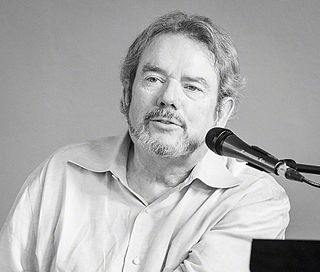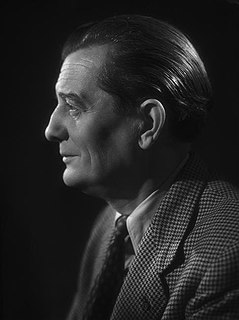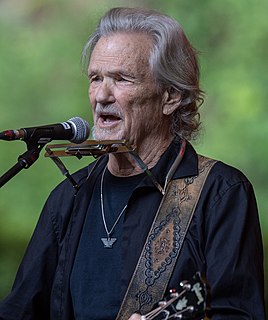A Quote by F. Scott Fitzgerald
It is sadder to find the past again and find it inadequate to the present than it is to have it elude you and remain forever a harmonious conception of memory.
Quote Topics
Related Quotes
Memory is therefore, neither Perception nor Conception, but a state or affection of one of these, conditioned by lapse of time. As already observed, there is no such thing as memory of the present while present, for the present is object only of perception, and the future, of expectation, but the object of memory is the past. All memory, therefore, implies a time elapsed; consequently only those animals which perceive time remember, and the organ whereby they perceive time is also that whereby they remember.
Living in the present moment requires discretion toward memory. Without memory we'd have amnesia. What good would there be in that? Offer discretion and discernment for our past with a broad spectrum of forgiveness. As for our present moment, delight. And dedication to remain fully present to all the possibility.
It is useful to remember that history is to the nation as memory is to the individual. As a person deprived of memory becomes disorientated and lost, not knowing where they have been or where they are going , so a nation denied a conception of the past will be disabled in dealing with its present and its future.
Memory is corrupted and ruined by a crowd of memories. If I am going to have a true memory, there are a thousand things that must first be forgotten. Memory is not fully itself when it reaches only into the past. A memory that is not alive to the present does not remember the here and now, does not remember its true identity, is not memory at all. He who remembers nothing but facts and past events, and is never brought back into the present, is a victim of amnesia.
When we let go of our battles and open our heart to things as they are, then we come to rest in the present moment. This is the beginning and the end of spiritual practice. Only in this moment can we discover that which is timeless. Only here can we find the love that we seek. Love in the past is simply memory, and love in the future is fantasy. Only in the reality of the present can we love, can we awaken, can we find peace and understanding and connection with ourselves and the world.
Critical acumen is exerted in vain to uncover the past; the past cannot be presented; we cannot know what we are not. But one veilhangs over past, present, and future, and it is the province of the historian to find out, not what was, but what is. Where a battle has been fought, you will find nothing but the bones of men and beasts; where a battle is being fought, there are hearts beating.
Originally the structure was . . . a modern narrator who would appear intermittently and talk about his memories of his grandmother, which would then be juxtaposed against scenes from the past. But the stories from the past were always more interesting that the things in the present. I find this almost endemic to modern plays that veer between past and present. . . . So as we've gone on developing GOLDEN CHILD, the scenes from the past have become more dominant, and all that remains of the present are these two little bookends that frame the action.






































